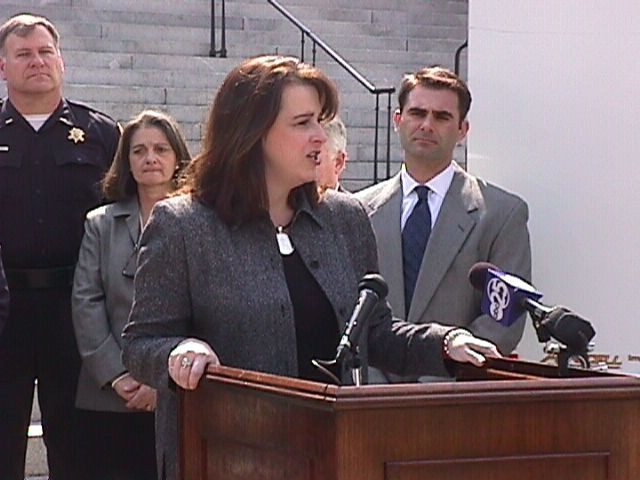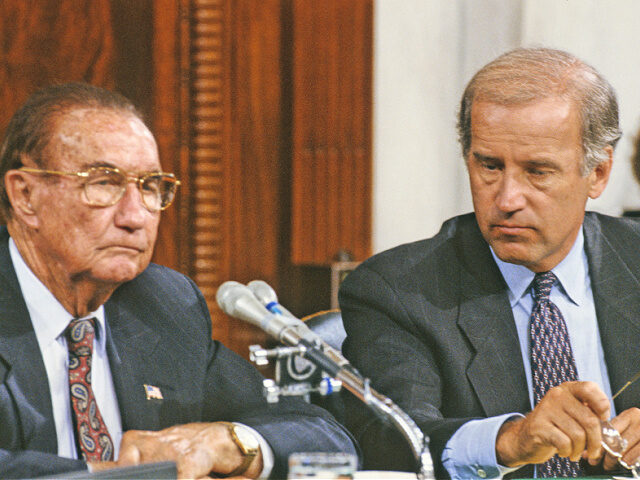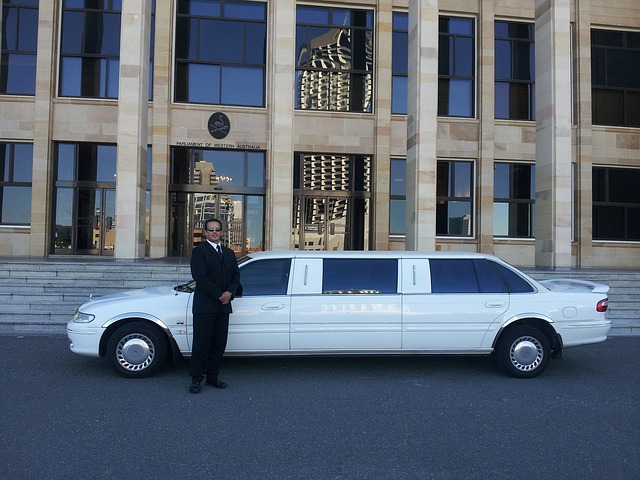In the digital age, the landscape of political campaigns has undergone a profound transformation. Gone are the days when candidates could rely solely on traditional methods like rallies, door-knocking, and TV advertisements to reach their constituents. Today, the role of social media in modern political campaigns has become pivotal, shaping the way candidates connect with voters, convey their messages, and win elections. In this article, we will explore the profound impact of social media on contemporary politics and its implications for the future.
The Digital Revolution
Social media platforms like Facebook, Twitter, Instagram, and TikTok have fundamentally altered the way political campaigns are conducted. These platforms have enabled politicians to reach a vast and diverse audience with unprecedented ease. Here are some key aspects of how social media has ushered in a digital revolution in political campaigning:
1. Accessibility and Reach
The beauty of social media is that it knows no geographical bounds. Political candidates can engage with voters across the nation and even internationally. This level of accessibility has broken down traditional barriers, making it easier for political hopefuls to establish a global presence.
2. Real-Time Communication
One of the most significant advantages of social media is real-time communication. Politicians can instantly respond to breaking news, address public concerns, and share their views on current events. This immediacy allows for a more dynamic and flexible campaign strategy.
3. Targeted Marketing
Social media platforms are equipped with sophisticated algorithms that enable political campaigns to target specific demographics and interests. This targeted approach ensures that campaign messages resonate with the right audience, increasing the chances of garnering support.
The Power of Virality
In the realm of social media, content can quickly go viral, capturing the collective attention of millions. Virality is a potent force in modern political campaigning. Memes, videos, and tweets can spread like wildfire, shaping public opinion and driving discussions. Viral content can either propel a candidate to stardom or lead to their downfall. Harnessing this power is a critical skill in today’s politics.

Case Studies
To better understand the role of social media in modern political campaigns, let’s look at a few compelling case studies:
1. Barack Obama’s 2008 Presidential Campaign
Barack Obama’s 2008 presidential campaign is often cited as a watershed moment in the use of social media in politics. His campaign leveraged Facebook, Twitter, and YouTube to connect with a younger demographic. The “Yes We Can” slogan became a viral sensation, and Obama’s online presence helped mobilize millions of voters.
2. Donald Trump’s Twitter Mastery
Former President Donald Trump is known for his prolific and controversial use of Twitter. He used the platform to bypass traditional media and communicate directly with his supporters. His tweets were widely covered by news outlets, amplifying his message and shaping the national conversation.
3. The Role of Social Media in the Arab Spring
The Arab Spring uprisings, which began in late 2010, were fueled in part by social media. Platforms like Facebook and Twitter allowed activists to coordinate protests, share information, and expose government abuses. These movements showed how social media could be a catalyst for political change.
Ethical Concerns and Challenges
While social media offers numerous advantages to political campaigns, it also presents ethical concerns and challenges. The spread of misinformation, fake news, and the potential for foreign interference are pressing issues. Ensuring the integrity of political discourse on social media remains a significant challenge for both candidates and platform operators.
The Future of Political Campaigning
The role of social media in modern political campaigns will continue to evolve. As technology advances, candidates will need to adapt to new platforms and communication strategies. Additionally, regulations and ethical standards for online political advertising and engagement will likely become more stringent.
In conclusion, social media has become an indispensable tool in modern political campaigns. Its accessibility, real-time communication, and viral potential have transformed the way candidates connect with voters. While it presents ethical concerns and challenges, the future of political campaigning is undeniably digital. As we move forward, it is crucial for politicians and the public alike to navigate this new landscape with wisdom and responsibility. If you are seeking a source of inspiration and guidance about the role of social media in modern political campaigns, visit TimeOfInfo for further info.





